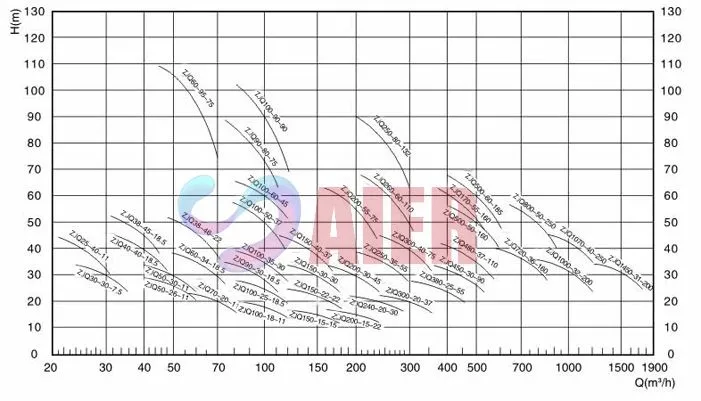Дек . 10, 2024 07:47 Back to list
slurry pump impeller type
Understanding Slurry Pump Impeller Types A Comprehensive Overview
Slurry pumps play a pivotal role in various industries, notably in mining, construction, and waste management, where the handling of abrasive, viscous, and sometimes corrosive materials is essential. At the heart of every slurry pump is the impeller, a critical component that directly influences the pump's efficiency, flow rate, and wear resistance. This article delves into the various types of slurry pump impellers, their designs, and the specific applications they serve.
The Importance of Impeller Design
The impeller's primary function in a slurry pump is to impart energy to the slurry, enabling it to flow through the system. The design of the impeller significantly affects the performance characteristics of the pump. Factors such as the shape, size, and material of the impeller contribute to the pump's ability to move solid-laden fluids effectively.
Choosing the correct impeller type is crucial for optimizing pump performance and minimizing wear and tear. Different applications require different impeller designs, which can be broadly categorized into a few types.
Types of Slurry Pump Impellers
1. Open Impeller Open impellers consist of blades with no shroud or cover. This design allows for unobstructed flow through the impeller, making it well-suited for handling slurries with large solids or fibrous materials. The absence of a shroud reduces the risk of clogging, though it can also lead to reduced efficiency when pumping more homogeneous slurries. Open impellers are commonly used in applications such as wastewater treatment and mineral processing.
2. Semi-Open Impeller Semi-open impellers have a partial shroud, providing a balance between efficiency and the ability to manage solids. This design helps to protect the blades from wear while still allowing for good flow rates. Semi-open impellers are frequently used in applications where the slurry contains both fine and coarse particles, as they can handle a wider range of consistencies without significant performance degradation.
slurry pump impeller type

3. Closed Impeller Closed impellers are fully enclosed, with blades located between the front and rear shrouds. This type of design maximizes hydraulic efficiency and is ideal for pumping fluids with low solids content, as it prevents the risk of cavitation. Closed impellers are commonly used in applications such as chemical processing and thin slurries, where high-pressure and flow rates are necessary.
4. Vortex Impeller Vortex impellers are designed to create a vortex flow within the pump casing, allowing for the movement of heavy and thick slurries with high solid content while minimizing the wear on the impeller. This impeller type is particularly beneficial when managing sticky or viscous materials, as it reduces the risk of clogging and can handle larger particles without rapid wear.
5. Single and Double Suction Impellers Single suction impellers draw fluid from one side, while double suction impellers draw from both sides, providing balanced flow and reducing radial loads. This design is beneficial in larger pumps, enhancing efficiency and stability during operation. These types are typically applied in high-capacity facilities where large volumes of slurry need to be processed continuously.
Material Considerations
The choice of material used in the construction of the impeller is also critical to the performance and lifespan of the slurry pump. Common materials include stainless steel, high chromium alloys, and rubber-lined options for abrasive applications. The right material selection can significantly reduce wear and extend the operational life of the pump.
Conclusion
In conclusion, selecting the appropriate slurry pump impeller type is essential for ensuring the efficient and reliable transfer of slurries in various industrial applications. Open, semi-open, closed, vortex, and suction impellers each offer unique advantages suited for specific conditions and materials. Understanding the characteristics and functionalities of these impellers is crucial in optimizing pumping performance, reducing maintenance costs, and enhancing overall system efficiency. Whether you operate in mining, wastewater treatment, or any other industry dealing with slurries, a thorough comprehension of impeller types will enhance your operational success.
-
High Quality Slurry Pump Seals Reliable China Suppliers & Manufacturers
NewsJun.24,2025
-
High Quality Portable Submersible Slurry Pump Supplier & Manufacturer from China
NewsJun.10,2025
-
Slurry Pump Parts Manufacturer – High Quality Rubber Spare Parts from China
NewsJun.10,2025
-
High Quality 1/3 HP Submersible Sump Pump with Vertical - Reliable Supplier & Factory Price
NewsJun.10,2025
-
High-Efficiency Centrifugal Slurry Pumps India
NewsJun.10,2025
-
High Quality Warman Centrifugal Slurry Pump Suppliers & Factory
NewsJun.10,2025
